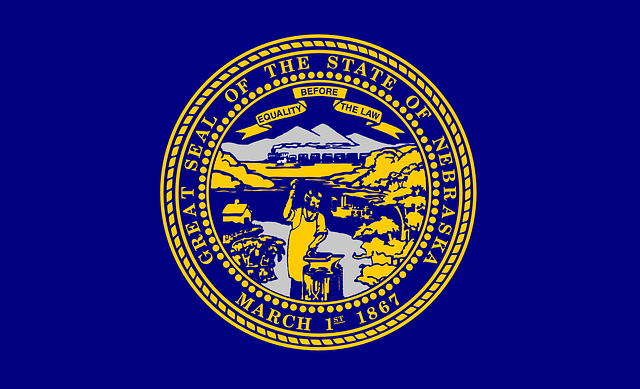Share This Article:

What Do You Think: Was Nurse Liaison’s COVID-19 too Common to be ‘Occupational Disease’?
26 Apr, 2024 Chris Parker

Omaha, NE (WorkersCompensation.com) – In Nebraska, an ordinary disease of life that everyone is exposed to, such as the flu, is generally not a compensable occupational disease. But what if the disease goes from being rare to common? What point in time should employers and courts consider when deciding whether a disease is ordinary: the time it was contracted, or the time when the claim is made or the workers’ compensation case is litigated?
In one case, a nurse liaison worked in a critical care hospital just as the COVID-19 pandemic was expanding in the U.S., and was at its most dangerous. At the time, only 412 people had the disease in Nebraska. Her employer did not allow her to wear a mask at work, and she worked closely with many colleagues. She contracted the virus around March 2020 and suffered severe injuries and sought workers’ compensation benefits for an occupational disease.
The Workers’ Compensation Court denied her claim on the basis that, as of 2022, at the time of the litigation, the virus was so prevalent that it was an ordinary disease of life within the meaning of the WCA, and consequently not an occupational disease.
To establish a claim for occupational disease under the Nebraska Workers' Compensation Act, a worker must show that:
- The injury was a disease resulting from causes and conditions characteristic of and peculiar to the worker’s job; and
- The disease is other than an ordinary disease of life to which the general public is exposed.
The statute does not require that an occupational disease be one that exists exclusively in the particular employment. Although the same diagnosis is also common in the community, a work-related injury may be compensable because the worker's particular employment has characteristics that greatly raise the worker's risk.
Was the nurse liaison’s COVID arguably an ‘"occupational disease"?
A. No. Everyone in the public was at risk of getting it.
B. Yes. It was rare to get it in Nebraska in March 2020
If you selected B, you agreed with the court in Thiele v. Specialty Medical Corporation, No. S-23-022 (Neb. 04/19/24), which held that there was a genuine issue as to whether the claimant had an occupational disease.
The court stated that in COVID-19 cases claiming occupational disease, the proper focus for purposes of determining whether the illness is an ordinary disease of life is the period of exposure prior to contraction or onset of symptoms. Courts should not focus on whether the disease is ordinary at the time of litigation.
Here, the nurse liaison contracted the virus at a time when there were only 412 cases in the state and the virus was a deadlier strain than in 2022. Further, she worked closely with coworkers in a setting in which the virus was likely rampant and where she was prevented from wearing a mask.
Get the compliance info you need from Nebraska and the rest of the U.S. from Simply Research
“[I] could be construed that her particular work in early 2020 as a health care worker carried a higher risk of contracting COVID-19 than other employment and that she was more likely to suffer a serious infection because the early strain of COVID-19 was more virulent and resulted in more complications than later strains,” the court wrote.
The Workers’ Compensation Court erred by focusing on how prevalent the disease was in 2022. Because the claimant contracted it in early 2020, the Workers’ Compensation Court should have determined whether it was an ordinary disease of life at that time. Accordingly, the court reversed and remanded the case to the lower court.
AI california case file case management case management focus claims compensability compliance courts covid do you know the rule exclusive remedy florida glossary check Healthcare health care hr homeroom insurance insurers iowa leadership leadership link medical NCCI new jersey new york ohio osha pennsylvania roadmap Safety safety at work state info tech technology violence WDYT what do you think women's history women's history month workcompcollege workers' comp 101 workers' recovery Workplace Safety Workplace Violence
Read Also
About The Author
About The Author
- Chris Parker
More by This Author
Read More
- Jul 14, 2025
- Frank Ferreri
- Jul 13, 2025
- Frank Ferreri
- Jul 12, 2025
- Frank Ferreri
- Jul 11, 2025
- Frank Ferreri
- Jul 11, 2025
- Frank Ferreri
- Jul 10, 2025
- Anne Llewellyn




